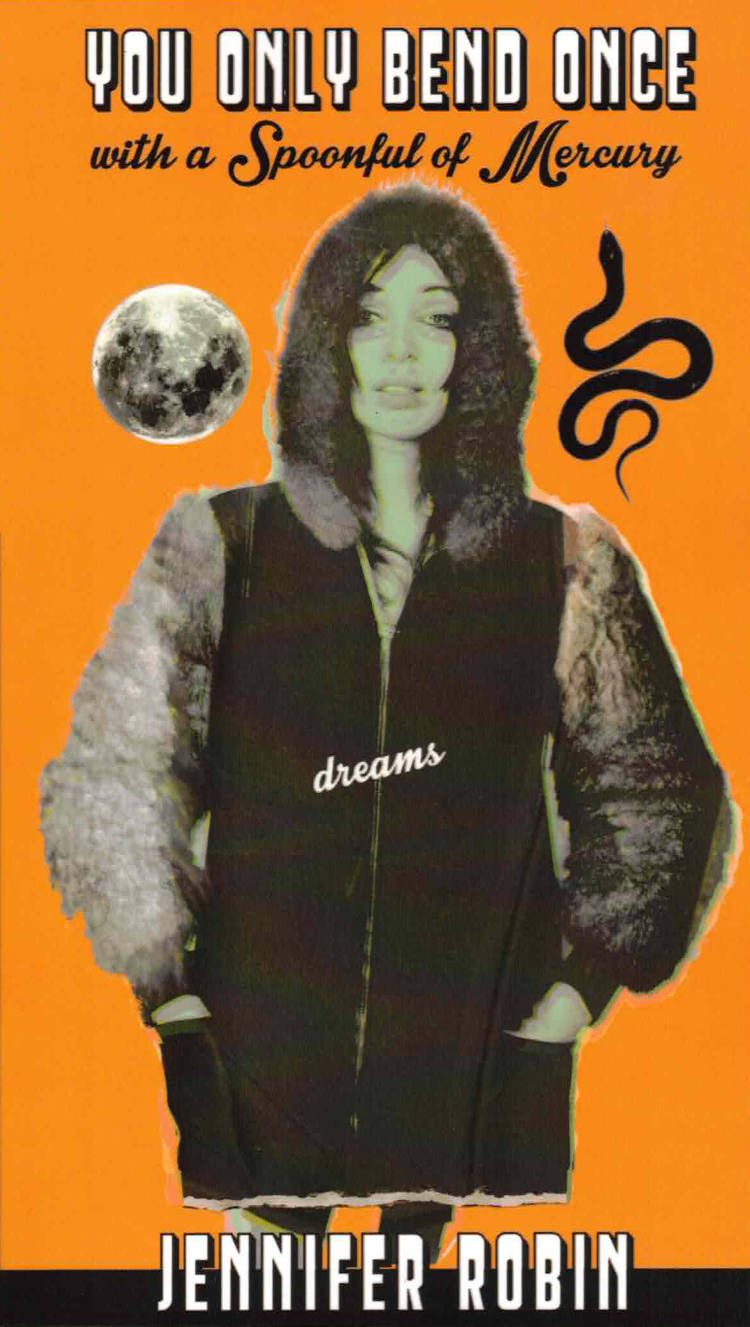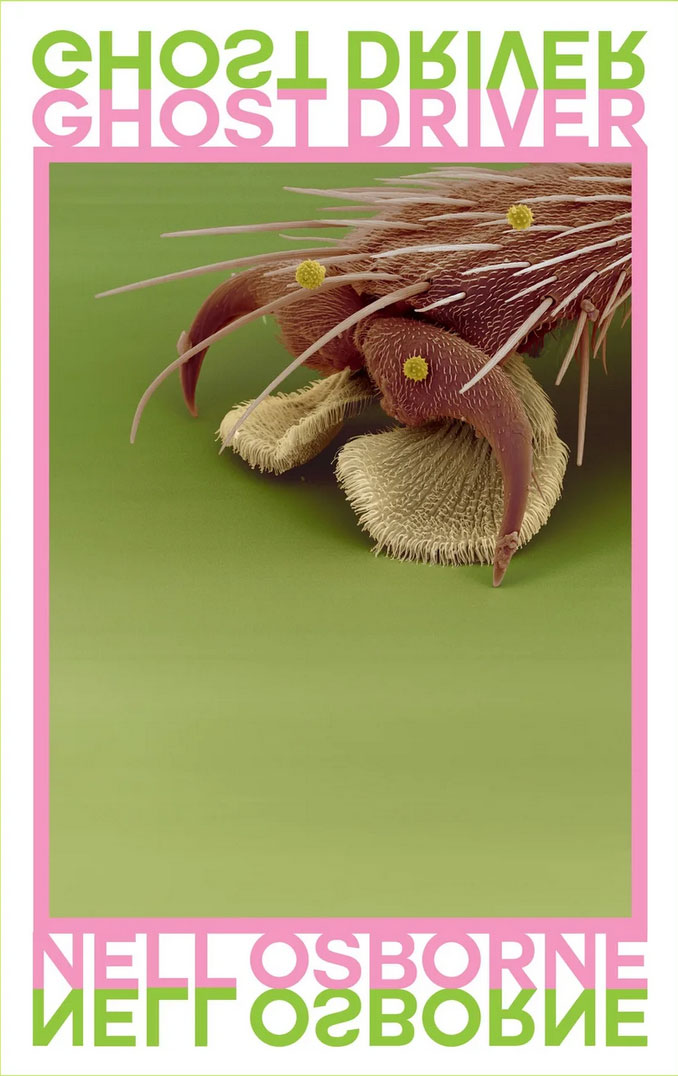
Is There Rush Hour in A Third World Country?
Call centre agents and migrant workers, soldiers and charity workers, fresh university graduates and street children — they all navigate the myriad of avenues in which their desires are entangled within the Philippines’ harsh and unforgiving conditions of migration and labour in Rogelio Braga’s collection of stories, Is There Rush Hour in A Third World Country? Now translated by Kristine Ong Muslim into English, the collection offers a glimpse of the lives of ordinary Filipinos, told amidst coup d’états, active conflict areas, late-night convenience store rendezvous, and bumper-to-bumper Manila traffic, given a considered dignity and nuance by one of the Philippines’ celebrated playwrights.
Rogelio Braga is an exiled playwright, novelist, essayist, and a political activist from the Philippines. They had published two novels, a collection of short stories, and a book of plays before they left the archipelago in 2018, borne of the increasing harassment they faced for their critical stance against the administration of then-President Rodrigo Duterte. Their satirical play against the infamous Marcos family, “Ang Mga Maharlika” was also controversial, drawing ire from supporters of current Philippine president Ferdinand “Bongbong” Marcos Junior. Since 2022, Braga has been granted asylum status by the UK, and remains an active human rights advocate to this day.
Language: English







